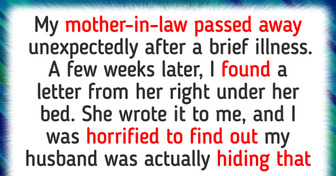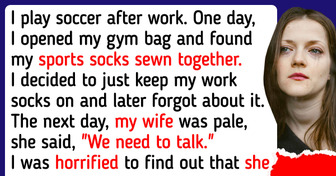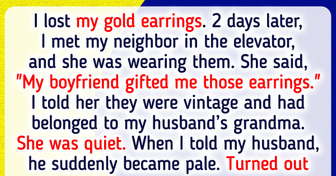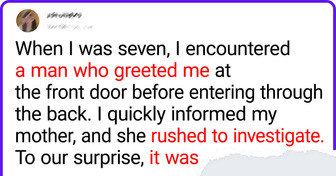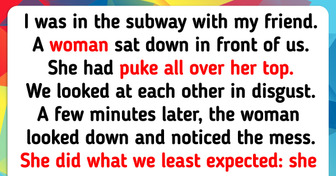I Left My Husband Because of What He Wanted Us to Do on Our Wedding Night

There have been plenty of studies that show having a dog doesn’t just make you healthier and happier, but it also makes you a better person. From boosting immunity to teaching children how to cope with loss, adopting a pooch is good for you and your family. But our behavior with dogs affects them as well.
Bright Side dug into a recent study done on dogs which found out that if you knowingly lie to your dog, it can sniff out the truth. Here are the surprising results.
It’s a common belief that we human beings, as a species, are not the best at detecting deception. Rather surprisingly, studies show the opposite. We can tell a fib from a lie, but we often repress our instincts.
But can dogs differentiate between truth and a lie? Researchers at the University of Vienna tried to find out. And to do so, they studied 260 different dog breeds. While it may sound like a lot of work, we hope the researchers had a great time interacting with pooches of all shapes and sizes.
The study was conducted via a 2-bowl trick where one was kept empty and the other contained a hidden treat. First, the dogs were trained to follow the instructions of one person, in choosing which of the 2 bowls contained the hidden treat. When the dog obeyed and chose correctly, they got the treat.
Then came the trick. The dogs would watch as another person would change the treat from one bowl to another. And in some cases, there would be a third person who would be a silent observer. The same experiment was conducted with only the second person giving them instructions, or even the third person doing so.
The second human would give the advice, deliberately tricking the dog by incorrectly pointing out the incorrect and empty bowl.
Rather surprisingly, if the dogs knew that the human in question was misleading them, they would ignore the advice. The researchers drew the conclusion that the dogs knew when the humans were lying to them and thus, ignored the commands.
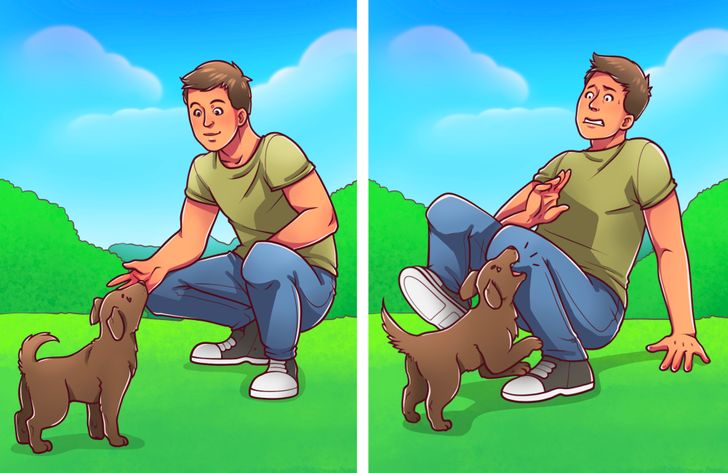
The third human would sometimes not be present when the second one did the switching. After the switch, the third person would come back. But they did not know where the treat was and would randomly point at one of the bowls. Since they were not present during the switching of the treats, the dogs would mostly ignore advice from them.
The evidence indicated that the dogs knew that the third human did not know where the treat was and accordingly they did not listen to them.
The researchers also noted that similar experiments had been carried out in the past, with subjects like children younger than 5 years old, as well as macaques and chimpanzees. The dogs were much less likely to be duped by incorrect advice than the children or other animals.
Clearly, dogs know a lie when they hear it.
The researchers finally concluded that dogs can distinguish between a true and false statement, in the conditions of a change-of-location task like the switching of treat bowls. They also believed that pet dogs can not only derive information needed from their humans but also figure out their intentions and beliefs.
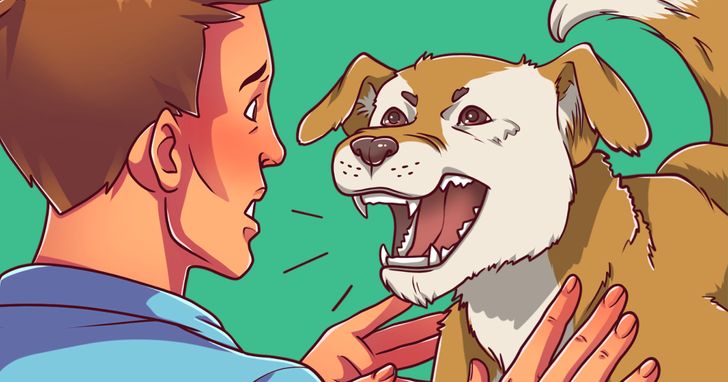
So dogs are deeper than a wagging tail and a friendly nose. Have your dogs ever surprised you with their wisdom? Share your stories with us in the comments below.
Subscribe to our podcast on Spotify or Apple podcasts to enjoy our best stories and give a real treat to your ears.



